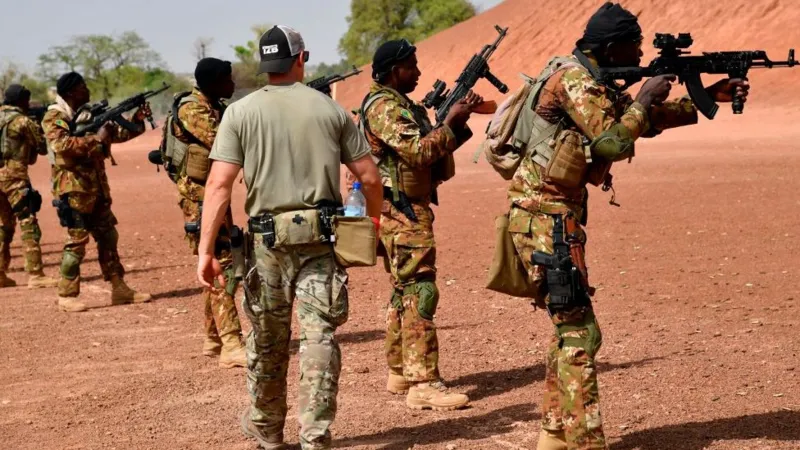US Africom Head Gen Michael Langley: “We Continue Dialogue with West African Juntas
Despite withdrawing troops from Niger and Chad, the United States remains actively involved with both countries, according to Gen Michael Langley, the head of the US Africa Command, who spoke with the BBC. The recent departure of dozens of US troops from Chad, prompted by concerns raised by the country’s military leaders ahead of the 6 May elections, is described by Gen Langley as a “temporary repositioning” of forces.
Similarly, last month, US troops left neighboring Niger following orders from the country’s junta. This withdrawal coincided with the arrival of Russian military instructors in Niger, part of a new agreement with the army leadership. The shifting geopolitical dynamics in the Sahel region have seen several countries bolster ties with Russia while reducing engagement with France, the former colonial power, as they grapple with combating an Islamist insurgency.
Gen Langley emphasized that violent extremist organizations pose the most significant threat to Africa’s stability. Against this backdrop, countries like Niger, Burkina Faso, and Mali have withdrawn from the G5 international force established to combat Islamists, opting instead to form their alliance, the Alliance of Sahel States.
The US has maintained a presence in the Sahel region, notably establishing a drone base in Agadez, Niger, in 2016 to monitor regional jihadist activity. However, tensions arose when Niger ordered US troops to leave in March, with accusations of US objections to Niger’s allies prompting a rift. Despite this, Gen Langley reiterated the US’s commitment to engaging with countries led by juntas, aiming to guide them towards a path back to democracy.
He highlighted ongoing discussions with Chadian leaders, indicating their continued invitation for US involvement in combating terrorism. Similarly, talks with Niger are ongoing, with decisions regarding troop reset or repositioning contingent upon the evolving threat landscape and the requests of each respective country. The overarching goal, Gen Langley stressed, is to maintain dialogue and support countries in their efforts to address security challenges while fostering democratic governance.













